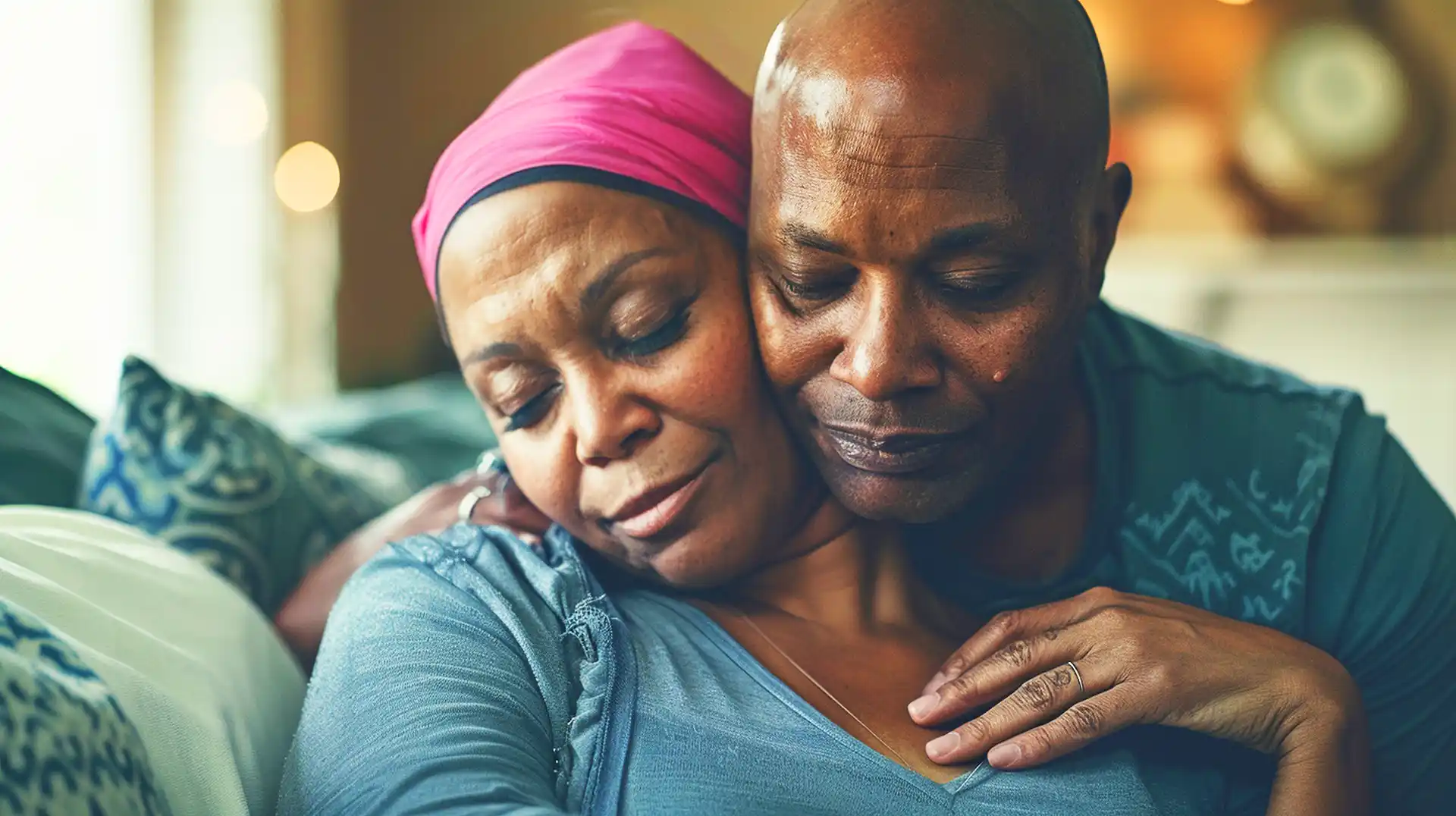What to expect on your caregiver journey
Ovarian cancer is a disease that often grows silently, typically spreading beyond the ovaries before it’s even detected by your doctor. Receiving a diagnosis reshapes daily life forever—not just for the patient, but those closest to them. Treatment can be physically and emotionally draining, which is why your role as a caregiver is an essential part of the ovarian cancer caregiver team.
You’ll have to navigate a complex medical system, help make difficult decisions and often manage unexpected financial or legal challenges—all of which is demanding work.
Caring for someone with ovarian cancer can take a toll on your own physical and mental health. It’s necessary to care for yourself and get help whenever possible. Your loved one will be depending on you for a long time, so it’s important to stay grounded, informed and supported. Take advantage of the ovarian cancer caregiver resources that are available to guide and help you as you provide care. You don’t have to do this alone.









